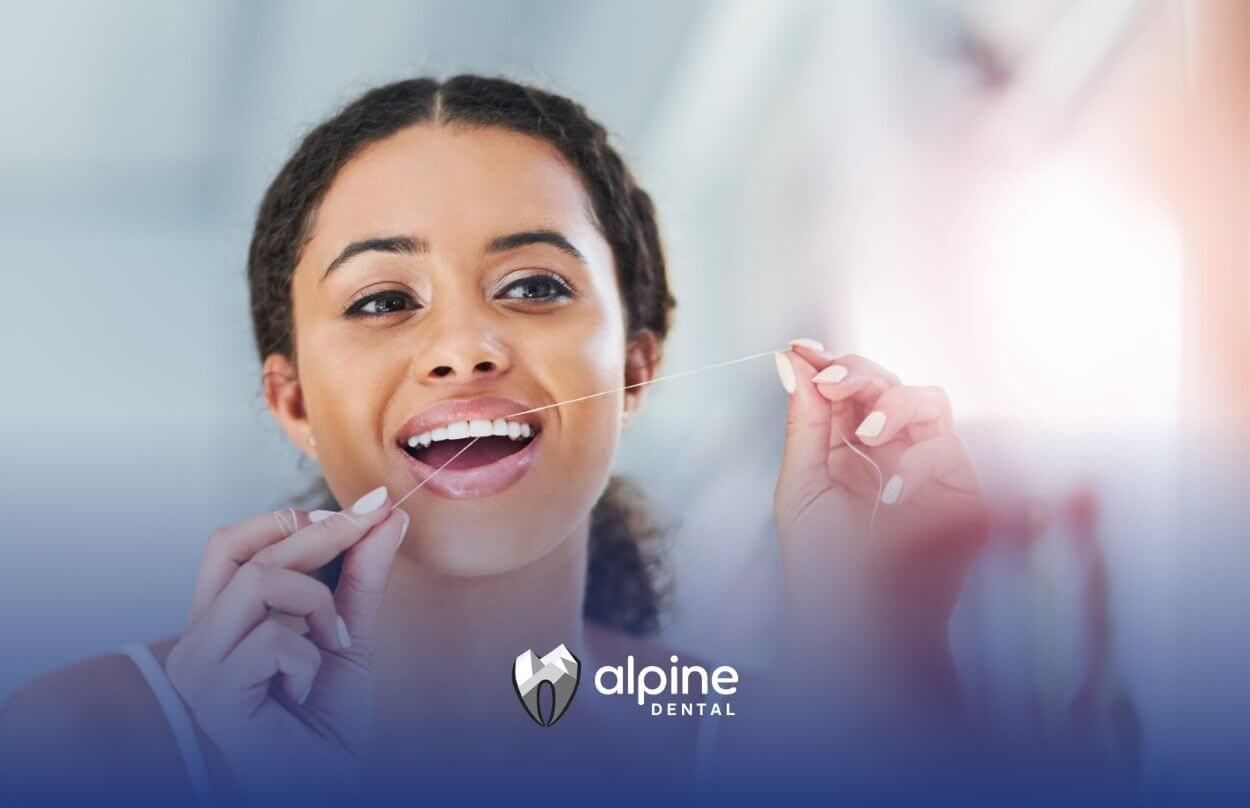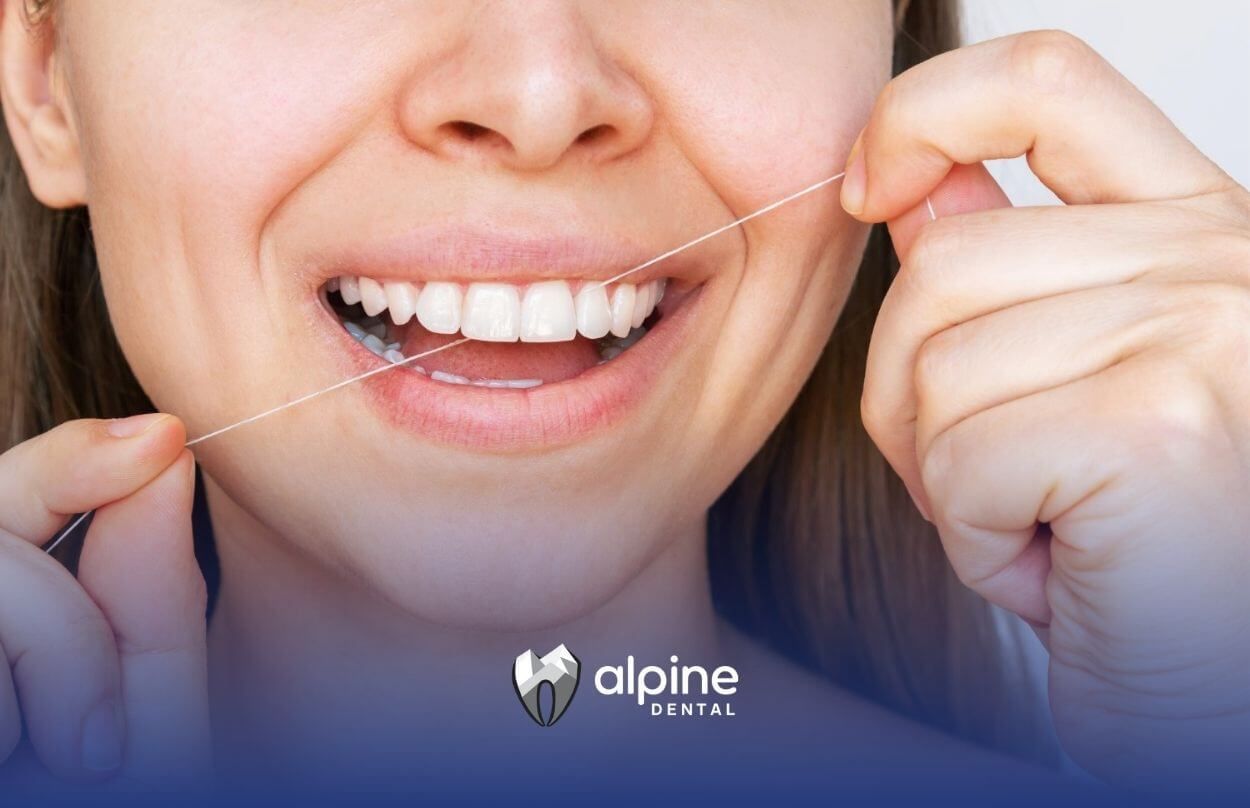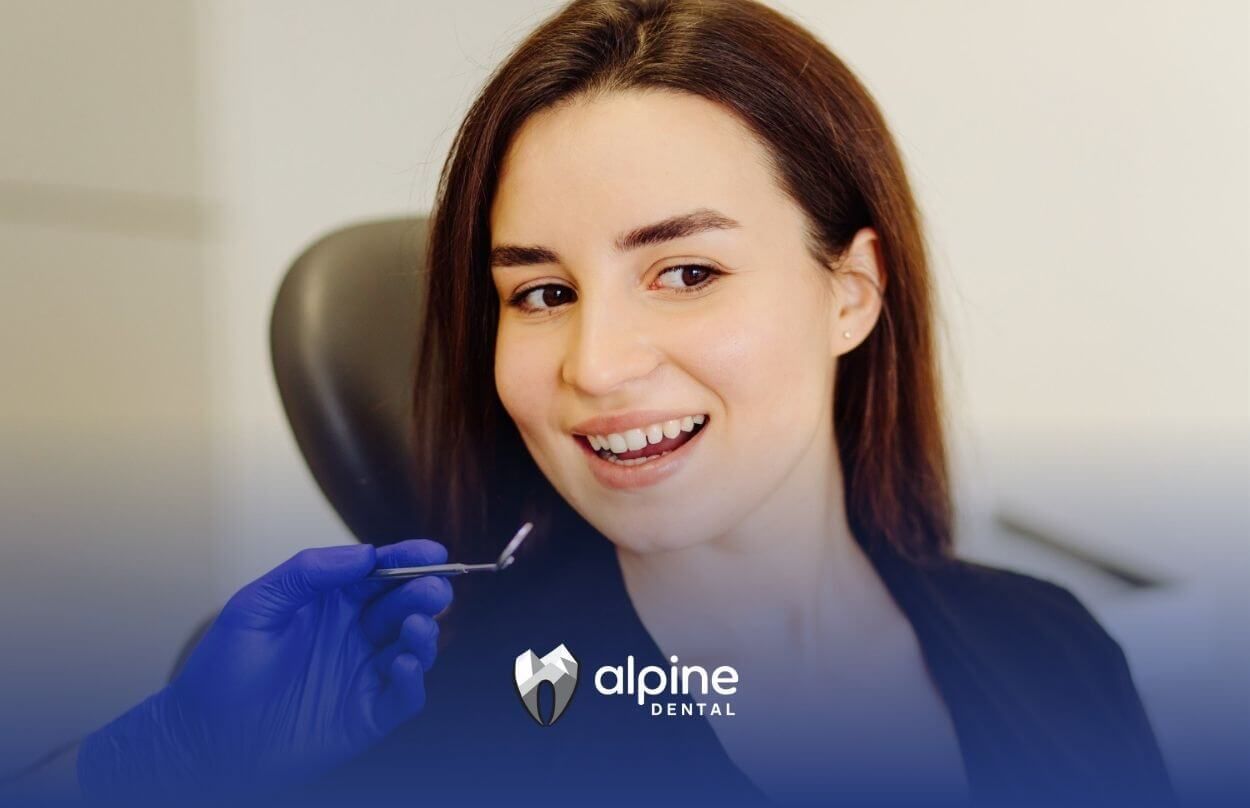15 Best Foods to Eat After Tooth Extraction: Tips + Options
Tooth extraction is a common dental procedure, whether it's due to wisdom teeth removal, severe decay, or preparation for orthodontic treatment. Although it’s a routine process, proper aftercare — especially your diet — plays a crucial role in a smooth and speedy recovery. Choosing the right foods to eat after tooth extraction can help minimize discomfort, prevent complications like dry socket, and promote faster healing.
This guide will walk you through the best foods to eat, foods to avoid, and tips for a comfortable recovery.
Why Diet Matters After a Tooth Extraction
After a tooth extraction, the area where the tooth was removed forms a blood clot, which protects the underlying bone and nerve endings during healing. Disturbing this clot can cause a painful condition called dry socket, delaying recovery.
Eating the wrong foods can:
- Dislodge the clot
- Cause irritation or infection
- Increase pain and swelling
On the other hand, eating the right foods can:
- Soothe the extraction site
- Provide necessary nutrients for healing
- Keep you comfortable
That’s why it’s so important to follow dietary guidelines after your procedure.
Best Foods to Eat After Tooth Extraction
Here’s a list of foods that are safe, gentle, and beneficial after a tooth extraction:
1. Yogurt
Yogurt is smooth, cool, and rich in protein and probiotics. It’s easy to eat without much chewing, and the probiotics can help support a healthy immune system during recovery.
Tip: Choose plain or low-sugar varieties to avoid irritation.
2. Mashed Potatoes
Soft and comforting, mashed potatoes provide carbohydrates and energy, which can help maintain your strength while you heal.
Tip: Make sure they are lukewarm, not hot, to avoid irritating the extraction site.
3. Smoothies
Smoothies are a fantastic way to get fruits, vegetables, and protein into your diet without chewing. They can be packed with nutrients that aid in tissue repair.
Tip: Use a spoon instead of a straw to prevent dislodging the blood clot.
4. Scrambled Eggs
Eggs are soft, easy to chew, and loaded with protein, which is crucial for healing tissues.
Tip: Prepare them lightly scrambled or as a soft omelet for the easiest eating experience.
5. Applesauce
Pureed apples provide vitamins and hydration without the need for biting or chewing hard foods.
Tip: Look for unsweetened applesauce to avoid unnecessary sugar.
6. Broth and Soup
Warm (not hot) broths and smooth soups are hydrating and soothing. They also supply essential nutrients like collagen and minerals.
Tip: Stick to soups without large chunks of meat or vegetables during the initial healing period.
7. Oatmeal and Cream of Wheat
These soft cereals are easy to eat and can keep you full longer, providing a good source of fiber and energy.
Tip: Let them cool before eating to avoid irritating the surgical site.
8. Cottage Cheese
Soft and packed with protein, cottage cheese is a great snack or meal addition during recovery.
Tip: Eat it plain or mix with soft fruits like banana slices for variety.
9. Pudding and Gelatin
These treats are perfect for satisfying your sweet tooth while being gentle on your mouth.
Tip: As with other foods, avoid very cold temperatures to prevent sensitivity.
10. Avocado
This superfood is creamy, packed with healthy fats, and full of vitamins that promote healing.
Tip: Mash it up or blend it into a smoothie for easy eating.
11. Bananas (Mashed)
Bananas are naturally soft and easy to mash, making them gentle on your gums. They’re rich in potassium and fiber, which help support energy and digestion during recovery.
Tip: Mash them well to avoid chewing and mix with a little yogurt for a creamy snack.
12. Soft Tofu
Tofu is high in protein and has a delicate texture that requires little to no chewing. It's also a versatile ingredient that can be seasoned lightly or blended into smoothies or soups.
Tip: Choose silken or soft tofu for the easiest texture and avoid spicy marinades early on.
13. Ice Cream (In Moderation)
A cool treat that can help soothe the area, especially on the first day post-extraction. Its soft texture makes it easy to enjoy without chewing.
Tip: Skip hard mix-ins like nuts or candy, and avoid very cold servings if your teeth feel sensitive.
14. Ripe Pears or Peaches (Pureed)
These fruits are naturally sweet, hydrating, and full of vitamins. When pureed or blended, they make a refreshing snack that’s easy on your mouth.
Tip: Peel the skin before blending and serve chilled but not icy.
15. Polenta or Grits
These soft, corn-based dishes are easy to eat and can be seasoned mildly for flavor. They’re also a good alternative to oatmeal if you want variety.
Tip: Let them cool to a warm—not hot—temperature before serving to avoid discomfort.
🍴 Best Foods After Tooth Extraction
Yogurt
Choose: Plain/low-sugar varieties
Mashed Potatoes
Temp: Lukewarm, not hot
Smoothies
Remember: Use spoon, not straw
Scrambled Eggs
Prep: Lightly scrambled
Applesauce
Pick: Unsweetened version
Broth & Soup
Avoid: Chunky ingredients
Oatmeal
Cool: Before eating
Cottage Cheese
Mix with: Soft fruits
Pudding
Avoid: Extreme cold
Avocado
Serve: Mashed/blended
Mashed Bananas
Mix with: Yogurt
Soft Tofu
Choose: Silken texture
Ice Cream
Avoid: Hard mix-ins
Pureed Fruits
Prep: Peel skin first
Polenta/Grits
Serve: Warm, not hot
Foods to Avoid After Tooth Extraction
Just as there are foods you should focus on, there are also foods you should strictly avoid to ensure proper healing:
- Crunchy foods: Chips, nuts, and crackers can irritate or injure the extraction site.
- Sticky foods: Caramel, chewing gum, and other sticky foods can pull at the clot.
- Hard foods: Raw vegetables, hard bread, and tough meat require chewing that can strain your mouth.
- Hot foods and drinks: They can dissolve the blood clot prematurely.
- Acidic foods and drinks: Citrus fruits, tomato sauce, and vinegar can cause stinging and delay healing.
- Spicy foods: Spices can irritate sensitive tissues and cause pain.
- Alcohol: It can interfere with the healing process and interact with prescribed medications.
- Carbonated beverages: Soda and sparkling water can dislodge the blood clot.
Hydration Tips After Tooth Extraction
Staying hydrated is essential for healing. Water is the best choice. However, remember:
- Avoid using a straw for at least one week.
- Sip slowly and gently.
- Stick to cool or room-temperature drinks.
Proper hydration supports tissue healing and helps flush out bacteria from your mouth.
Tips for a Faster Recovery
Here are some simple but effective tips to help your mouth heal faster:
- Follow your dentist’s instructions: Always stick to the post-op guidelines given.
- Rest: Give your body plenty of downtime to repair itself.
- Keep your mouth clean: Gently rinse with saltwater after 24 hours (unless directed otherwise).
- Manage pain and swelling: Use prescribed medications or over-the-counter pain relievers as directed.
- Avoid strenuous activity: Heavy exercise can increase blood pressure and risk bleeding at the site.
How Long Should You Stick to Soft Foods?
Generally, you should plan to eat soft foods for about 3 to 7 days after your tooth extraction. However, the exact timeline depends on:
- The number of teeth removed
- Whether they were impacted
- Your body's natural healing rate
Your dentist will advise you when it’s safe to reintroduce regular foods.
Start with very soft foods the first few days, then slowly add in more texture as tolerated. Always listen to your body — if chewing hurts or feels uncomfortable, stick with softer options a bit longer.
Portion Control and Frequency of Meals
After a tooth extraction, managing portion sizes and meal frequency is key to a smooth recovery. Opt for smaller, more frequent meals throughout the day to maintain energy levels without overwhelming the healing site. This approach helps prevent discomfort and reduces the risk of disrupting the blood clot essential for healing. Additionally, eating manageable portions can aid in better digestion and nutrient absorption, supporting overall recovery. Remember to chew slowly and avoid the extraction area to minimize irritation.
Sample Soft Food Menu After Tooth Extraction
- Breakfast: Smoothie with banana, yogurt, and protein powder
- Lunch: Mashed potatoes with a side of soft scrambled eggs
- Snack: Applesauce or cottage cheese
- Dinner: Creamy tomato soup (lukewarm) with a side of avocado mash
- Dessert: Vanilla pudding
- Beverages: Cool water, herbal tea (room temperature)
This simple plan gives you a balanced intake of proteins, healthy fats, fiber, and vitamins needed to promote optimal healing.
Conclusion
After a tooth extraction, the foods you eat can make a big difference in how quickly and comfortably you recover. Stick to soft, nutrient-rich foods, stay well-hydrated, and avoid anything that could disturb the healing site.
If you have any questions or need personalized guidance after a tooth extraction, the team at Alpine Dental is here to help. Our experienced professionals are dedicated to making your recovery as smooth and comfortable as possible. Contact us today for expert advice and care tailored to your needs.
Frequently Asked Questions
Can I eat ice cream after tooth extraction?
Yes, you can eat ice cream as a soft food option, but avoid very cold temperatures and sugary varieties that could irritate your healing gums.
How soon after a tooth extraction can I eat solid food?
Most people can start introducing soft solids after 3–7 days, but it's important to follow your dentist's recommendations based on your specific case.
What should I avoid drinking after tooth extraction?
Avoid drinking through a straw, alcohol, carbonated beverages, and hot liquids until your extraction site has fully healed.
What is the safest food to eat after tooth extraction?
The safest foods to eat after a tooth extraction are soft, non-chewy items like yogurt, applesauce, mashed potatoes, and lukewarm soups, as they minimize irritation and support healing.
How long after tooth extraction can you eat normally?
Most people can gradually return to their normal diet within 5 to 7 days after a tooth extraction, starting with soft foods and reintroducing harder items as comfort allows.
How can I make my tooth extraction heal faster?
To promote faster healing after a tooth extraction, follow your dentist's aftercare instructions, maintain good oral hygiene, avoid smoking and using straws, eat soft foods, and get plenty of rest.
Can I eat pizza 3 days after tooth extraction?
It's best to avoid eating pizza 3 days after a tooth extraction, as the chewy crust and toppings can disrupt the healing site and increase the risk of complications like dry socket.
Sources:
- https://www.mayoclinic.org/diseases-conditions/dry-socket/symptoms-causes/syc-20354376
- https://www.sciencedirect.com/science/article/abs/pii/S2214799323000310
- https://pmc.ncbi.nlm.nih.gov/articles/PMC9316657/
- https://www.healthline.com/nutrition/bone-broth




